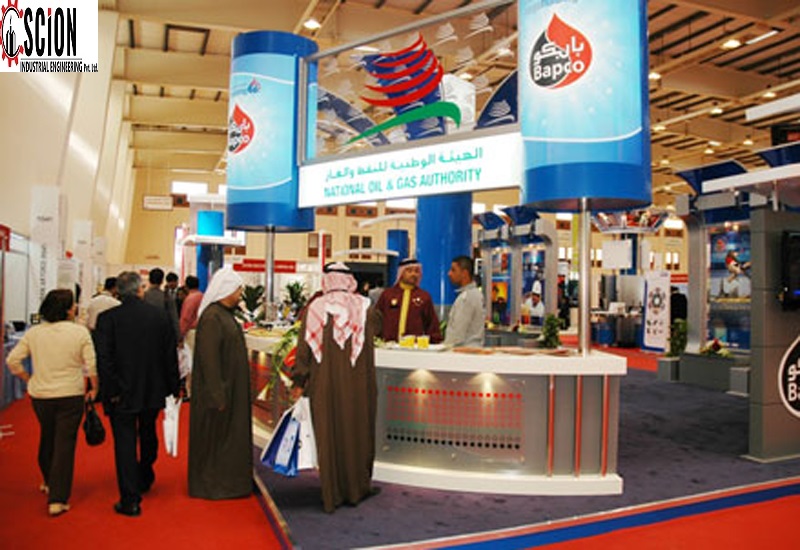Lebanon’s only international airport will reopen to passenger traffic by early July at the latest, the country’s transport minister told Al Jazeera on Tuesday, as the economically ravaged nation seeks to jump-start its tourism sector for the all-important summer season.
Transport Minister Michel Najjar told Al Jazeera that Beirut-Rafic Hariri International Airport is slated to reopen “by the first three or four days of July max”, with the government set to formalise the decision during a ministerial meeting in the coming days.
The airport will initially operate at a reduced capacity of between 10 and 20 percent – equating to some 2,000 to 3,000 daily passengers based on the number of entries and exits last year, Najjar said.
Prime Minister Hassan Diab said on Tuesday that Lebanon would reopen air travel to wealthy Gulf Arab nations – historically a source of more than 30 percent of Lebanon’s tourist traffic per year – and focus on countries that are conducting coronavirus tests, known as PCR tests.
Special safety procedures would be implemented for passengers coming from other countries, he added.
“What is important for us today is to put Lebanon back on the tourism map while balancing between health protection and tourism in order to revive the economy,” Diab said during a meeting with representatives of tourism-dependent sectors, according to a statement released by his office.
Tourism is one of the main pillars of the small eastern Mediterranean nation’s crisis-addled economy, accounting for some 18 percent of gross domestic product in 2017, according to a study by Blominvest, one of Lebanon’s biggest banks.
Around two million tourists visit Lebanon each year, drawn by the country’s picturesque beaches and mountains, ancient ruins and renowned food, drink and nightlife. But the sector has been hit hard by the country’s descent into an economic crisis last year that sparked a nationwide, anti-establishment uprising that brought hundreds of thousands to the streets.
Hundreds of businesses tied to tourism have closed in the past six months, while tens of thousands of workers have been laid off, according to tourism sector representatives.
Those crushing financial conditions – which are rooted in years of corruption, government mismanagement and the war next door in Syria – were further exacerbated by the coronavirus pandemic.
A nationwide lockdown that began in mid-March to stem the spread of COVID-19 ordered all bars, clubs and restaurants to close, though some were permitted to maintain delivery services for a limited number of hours.
Most lockdown restrictions have since been eased.
Tony Ramy, the head of the syndicate of owners of restaurants, cafes, nightclubs and patisseries, said during Tuesday’s meeting with Diab that 80 percent of restaurants had been unable to open their doors due to the crisis.
Car rentals – some 76 percent of which are made by foreign tourists and locals returning from abroad – have also suffered. Some 25 percent of car rental companies have closed down and 700 sector workers have lost their jobs, said Mohamad Dakdouk, the head of the Syndicate of Car Rental Agencies.
Though the lockdowns have heaped even more financial misery onto Lebanon, officials say the measures have helped mitigate the virus’s spread. Lebanon has recorded 1,368 confirmed cases of COVID-19 and 30 deaths from the disease, according to Johns Hopkins University.
Officials hope that the country’s relatively few cases of COVID-19 will boost Lebanon’s attractiveness as a tourist destination this summer.
Tourism would provide an injection of much-needed foreign currency into Lebanon’s heavily import-dependent economy. An acute shortage of United States dollars has pummeled the Lebanese pound, which has lost some 60 percent of its value since August on the parallel and black markets.
But though the pound’s rapid depreciation has destroyed livelihoods in Lebanon, it could also enhance the country’s tourism appeal by boosting the purchasing power of prospective tourists from abroad.
Source:https://www.aljazeera.com/ajimpact/lebanon-eyes-tourism-international-airport-reopening-july-200609165208519.html

